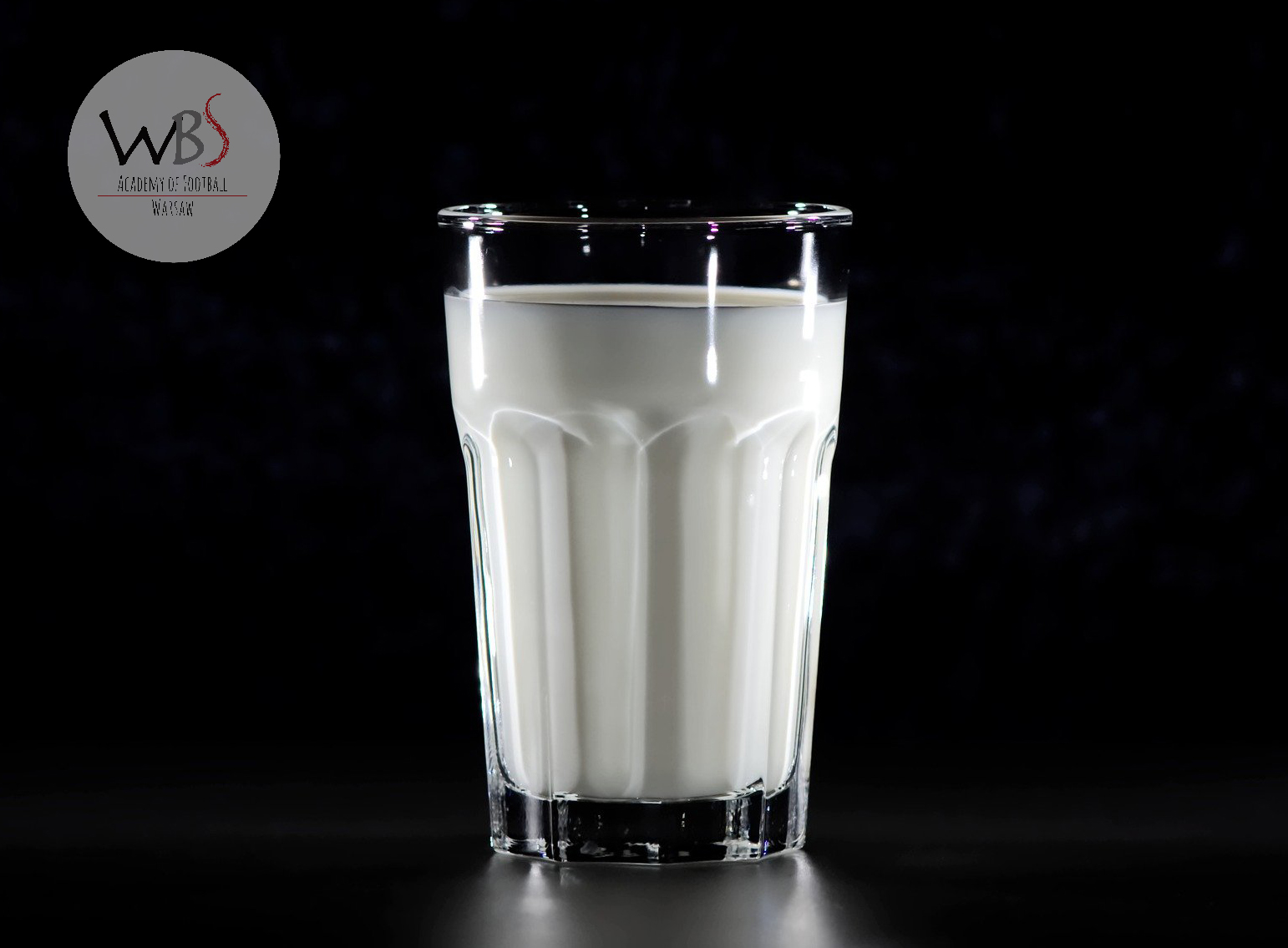 Contact us
Contact us

We have already written several times about the role of one of the three main nutrients. Every athlete knows that right after carbohydrates, i.e. fuel for muscles, he should remember to provide protein with his diet. The main and the most frequently mentioned function of this ingredient by our players is the building role. We will not argue with it, because it is so, but remember that protein also has other extremely important functions. Referring to last week's question of one of our players, whether eating a lot of meat will make it stronger, we will explore the source of protein in the diet and answer the question of whether by limiting or completely eliminating meat from the menu, we will be healthy and strong.
Proteins are molecules with a complex chemical structure made up of amino acids. These in turn consist of carbon, oxygen, nitrogen, hydrogen and sulfur atoms. In addition to being the basic building block of all tissues in the human body, they are also part of enzymes and hormones. In this form, they ensure the proper state of the system, as well as adapting to changes in the external environment by regulating metabolic processes. The antibodies of the immune system, which are also proteins, are responsible for the fight against microbes and viruses. Other functions of amino acids include: regulation of water balance, maintenance of acid-base balance and transport of proteins. An appropriate supply of protein will therefore determine the proper growth and development, regeneration, in other words about our health.
The word "protein" in the context of food products is associated with meat by most young players, but not only the poultry mentioned here most often is its source. Of course, it is worth mentioning a wholesome protein, i.e. a protein containing all the necessary amino acids in such proportions as to ensure their optimal use for the creation of own body proteins by our body. Therefore, we also distinguish deficient proteins that do not ensure adequate growth and maintain nitrogen balance. Products such as: eggs, milk and its products, meat and fish are characterized by high nutritional value, which means that they are the source of a complete amino acid composition. Although we call animal products a source of wholesome protein, we cannot forget about vegetable proteins. It is true that due to the reduced content of some amino acids they have a lower nutritional value, the protein of products such as legume seeds (soybeans, peas, beans, lentils, chickpeas) and protein derived from nuts are characterized by high nutritional value. In other plants, the protein content is much lower and amounts to 2%. Another source of protein that can be considered important is cereal products, i.e. oatmeal, porridge, rice, bread, etc. Consumption of these products is quite high among the inhabitants of all continents, therefore cereals are an important source of protein in the diet.
It is also worth noting the presence of the so-called "Protein replenishment". As we know, as a result of digestion and absorption, we provide our body with a mixture of various amino acids. The principle of product diversity also finds its application here. In order to meet the demand for protein, we do not only need to eat meat or fish. By composing our meals, and more precisely combining specific products with each other, we are able to supplement the deficient proteins. How does it look in practice? For example, grain products that are low in the amino acid "lysine" can be supplemented with dairy products, which are a rich source of this amino acid. Only the time of consuming specific products will be a valuable hint. Ideally, they should be delivered in one meal, and if this is not possible, try to replenish the proteins within 5 hours.
As you can see, once again we have proof that a properly balanced diet is regular and varied. When choosing products that are primarily a source of protein, because that's what we focused on today, let's pay attention to both quantity and quality. Let us not be monotony or worry if our young player does not like something or is allergic to a specific product or type of protein. There are certainly many options for supplementing this nutrient in your diet. Let us be guided by the variety of products also due to the provision of other valuable nutrients, such as vitamins and minerals.